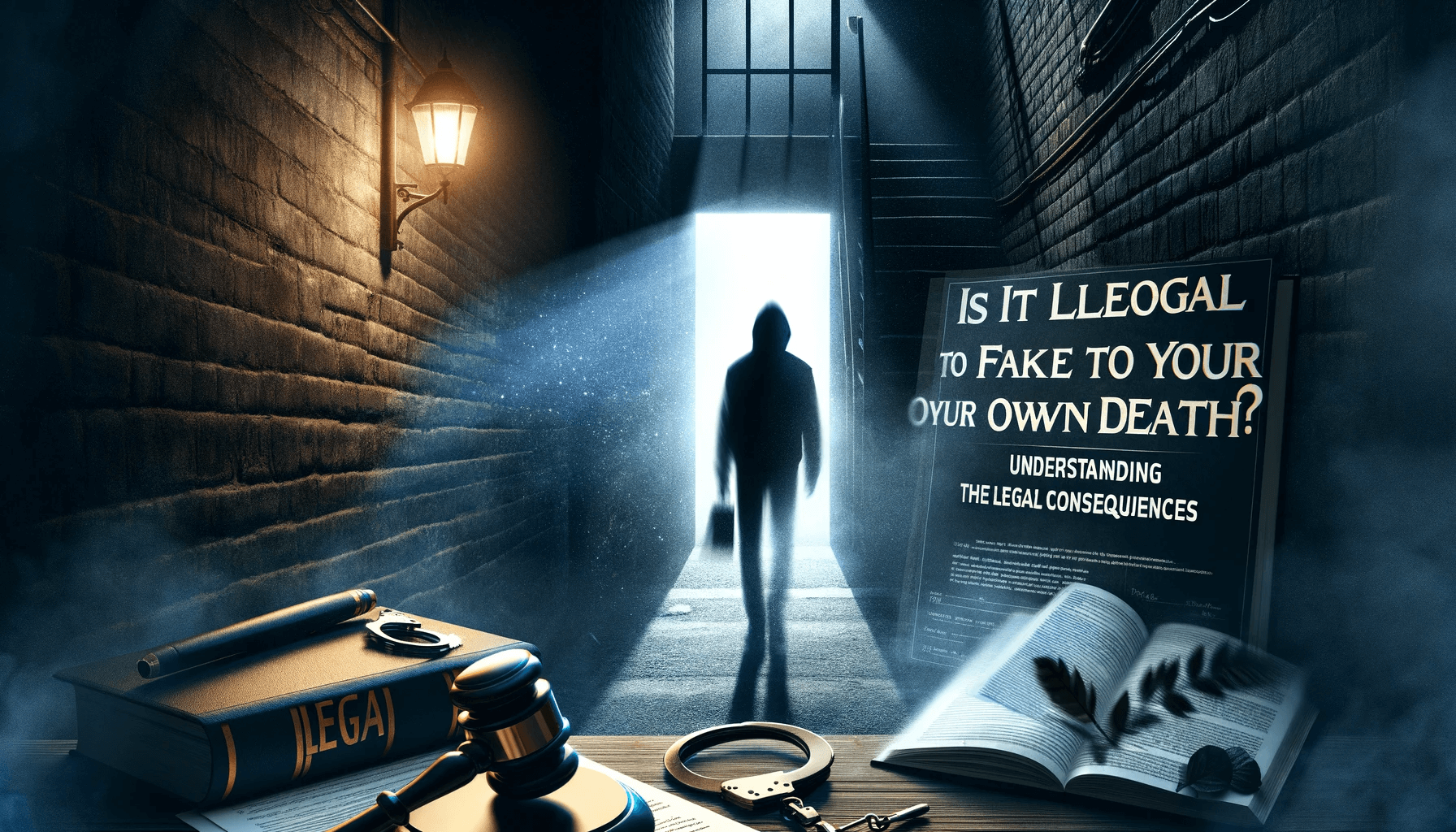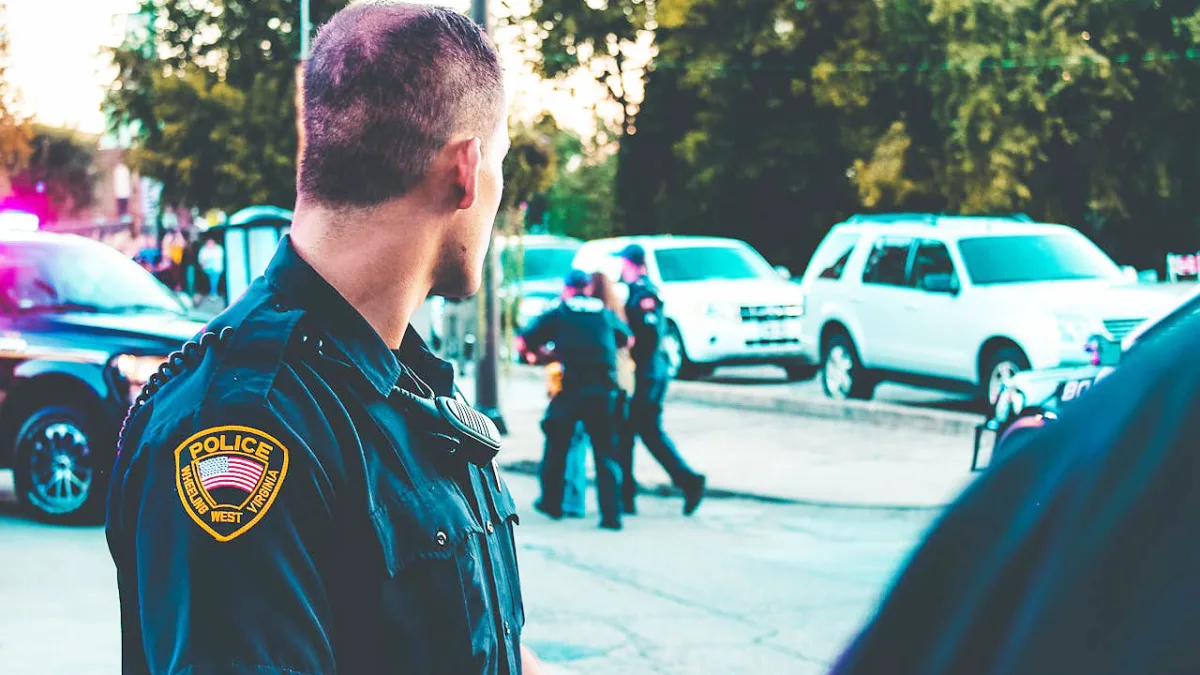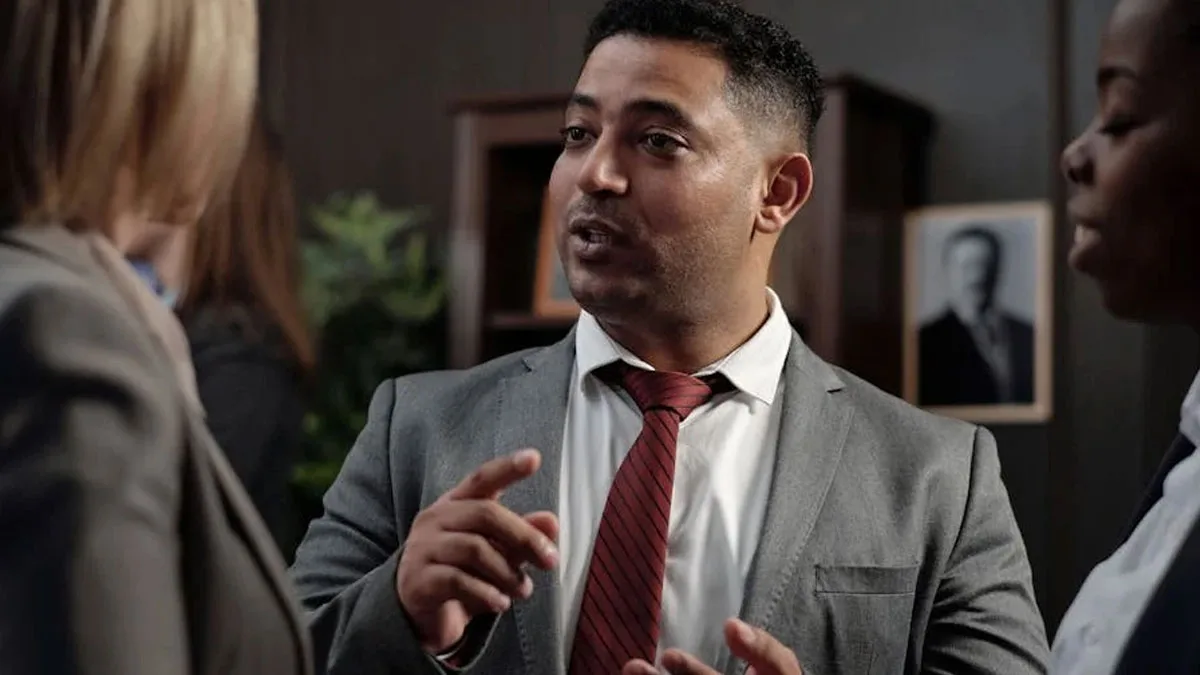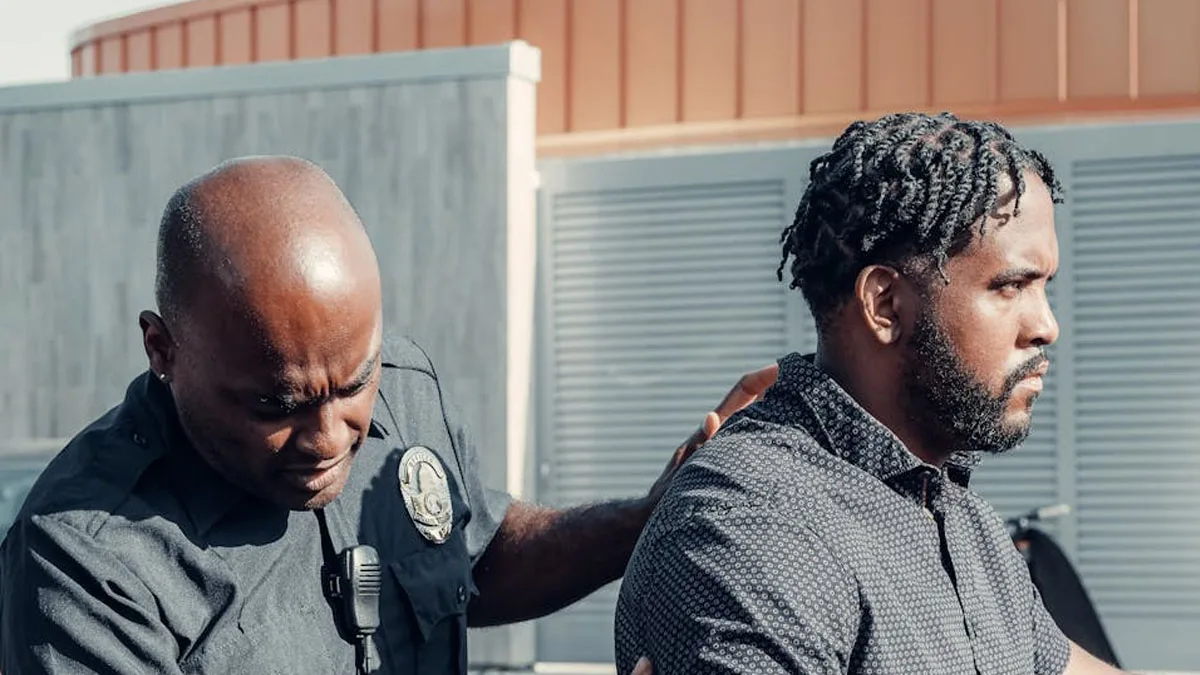Written by John M. Kaman
-
Is It Illegal to Fake Your Own Death?
Faking your own death, also known as pseudocide, involves intentionally creating the appearance of one’s demise with the aim of deceiving others. This act may include leaving behind staged evidence,…
-
How to Become a Police Officer: A Comprehensive Guide
A police officer serves as a public servant responsible for maintaining law and order, ensuring public safety, and enforcing local, state, and federal laws. The role of a police officer…
-
Violent Felony: Definition, Examples, and Legal Consequences
A violent felony is a category of criminal offense characterized by the use or threat of physical force against another person, often resulting in serious harm or death. Violent felonies…
-
Cost of a Felony Defense Attorney in the U.S.: What to Expect
When charged with a felony in the United States, one of the immediate considerations is the cost of legal representation. Felony cases, by their nature, require experienced legal counsel due…
-
Why Horse Meat is Illegal in the U.S.: The History and Laws Explained
The consumption of horse meat is widely prohibited in the United States due to a combination of federal legislation and strong cultural opposition. The prohibition on horse meat is rooted…
-
Is Sleeping in Your Car Illegal in a Parking Lot? Know the Law
The legality of sleeping in your car in a parking lot depends on a range of factors including local ordinances, state regulations, and the policies of the parking lot owner….
-
Can You Get a U.S. Passport with a Felony? What You Need to Know
The question of whether an individual with a felony conviction can obtain a U.S. passport is nuanced, with various factors that can impact eligibility. While having a felony conviction does…
-
How Many Misdemeanors Equal a Felony in the U.S.?
In the United States legal system, crimes are primarily categorized into two distinct groups: misdemeanors and felonies. This classification is based on the severity of the crime and the gravity…
-
Is a DUI a Felony? Understanding Legal Consequences
Driving under the influence (DUI), also known as driving while intoxicated (DWI), involves operating a motor vehicle with a blood alcohol concentration (BAC) at or above a set limit, typically…
-
What happens at an Arraignment Hearing for a Felony?
An arraignment hearing is a critical initial step in the criminal process for a defendant charged with a felony. Under U.S. criminal procedure law, an arraignment serves as the first…
Recent Posts
-
Violent Felony: Definition, Examples, and Legal Consequences
-
Can You Get a U.S. Passport with a Felony? What You Need to Know
-
Is a DUI a Felony? Understanding Legal Consequences
-
What happens at an Arraignment Hearing for a Felony?
-
Unveiling the Story of Marianne Bachmeier: A Mother Who Took Justice into Her Own Hands











